Syria’s return to Arab League shows consensus on ouster of foreign forces: Analyst
By Ali Ghorban Bagheri
Saudi Arabia’s changed approach toward Syria shows that it is no longer possible for Arab countries to engage with the Bashar al-Assad government in Damascus based on old mechanisms, according to a former Lebanese lawmaker and political commentator.
In the wake of the Arab League summit in the Saudi city of Jeddah on Friday, in an exclusive interview with the Press TV website on Saturday, Qandil expounded on Syria's triumphant return to the Arab fold after almost 12 years of foreign-backed war in the country.
Qandil cited Saudi Foreign Minister Prince Faisal Bin Farhan's comments after the summit, wherein he advocated Syria’s role in the Arab bloc and its participation in the summit now and in the future.
The Syrian government has in recent years succeeded in regaining control of the majority of its territory, defeating the Daesh terrorist group and forcing foreign forces to leave the country, except for some areas which remain under the control of armed militias supported by foreign forces, Qandil said.
The summit in Jeddah, which was also attended by Syrian President Bashar al-Assad came days after the Arab organization agreed to welcome Syria back into the fold.
Saudi Arabia also recently agreed to normalize and restore its diplomatic ties with Damascus, following in the footsteps of other Arab countries that have made peace with the Assad government lately.
The former Lebanese lawmaker said Arab countries agreed on recognizing Syria's sovereignty and its return to the Arab League fold without any preconditions, therefore Riyadh along with other Arab states has supported Damascus's stance to oppose the illegal presence of foreign forces.
Although Riyadh did not elaborate on the origin of foreign armed groups in Syria, they were clearly addressing the US and Turkish troops’ involvement in the region, Qandil said.
He added that supporting the Syrian government to remove armed militias, countering foreign threats, and regaining control of territories from armed forces signifies that Riyadh is taking an active part to settle the conflict through diplomacy in coordination with the United Nations.
Such a political approach relies on taking immediate action to dissociate the repatriation of refugees and reconstruction of Syria from the political process; hence Syria should prepare the ground for the safe return of refugees and Arab states must help rebuild the country, he said further.
On whether Saudi Arabia is still an ally of the West, Qandil said that the Kingdom is attempting to assume a balanced approach in the new emerging world order.
Riyadh seeks to adopt a soft approach to resolve regional issues and has a mediating role in the Russia-Ukraine conflict, he noted, adding that the Jeddah Summit is proof of Riyadh's intention to maintain a balance between the traditional and new axis of the world.
Meanwhile, regionally, after a decade of waging war against the axis of resistance in multiple countries, the Kingdom appears to concede and defuse the tension with the resistance front, Qandil said.
Iran dismisses US 'big lies' on nuclear, missile programs
CIA‑founded NGO admits deploying Starlink satellites for Iran riots
VIDEO | French comedian targeted by Rothschild and Epstein for his shows on Palestine
Iranian commanders warn US not to mistake it for other nations
Daesh leaders reemerge in Raqqah amid growing instability in Syria
Iran rejects UN resolution on Ukraine for lack of support for lasting peace
Leading Iraqi group condemns US threats of aggression against Iran
Iran slams CIA recruitment video, seizes sat gear in diplomat’s luggage


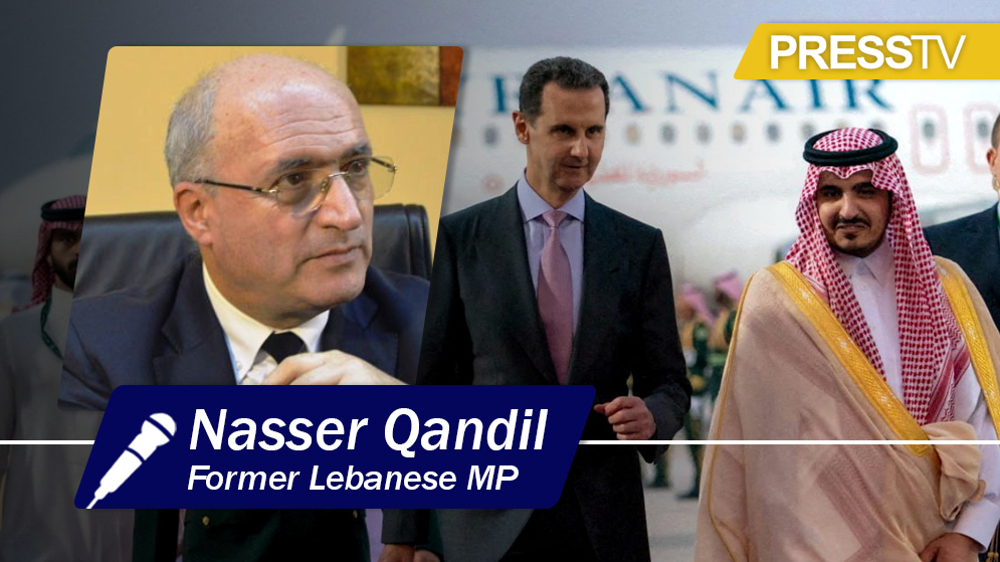
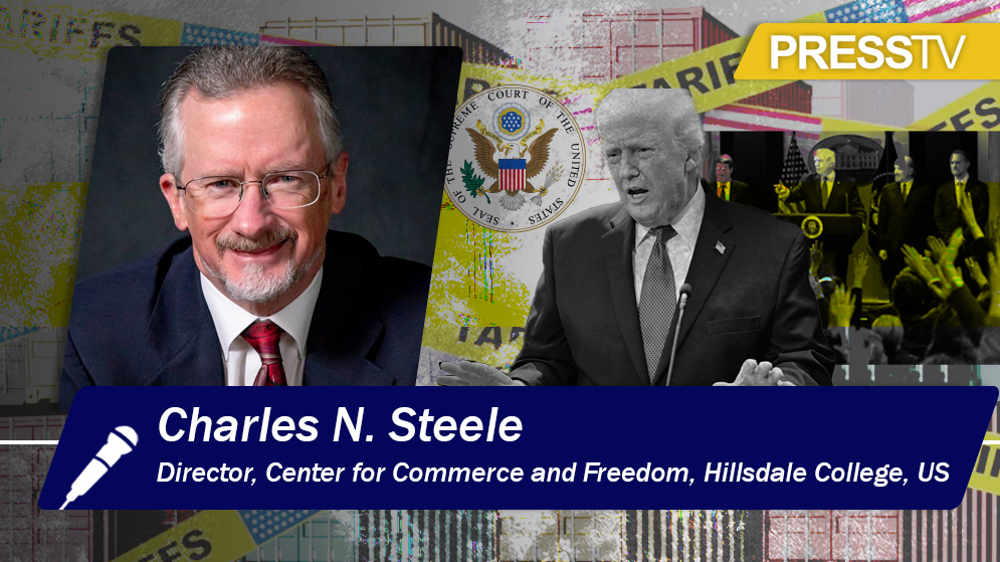

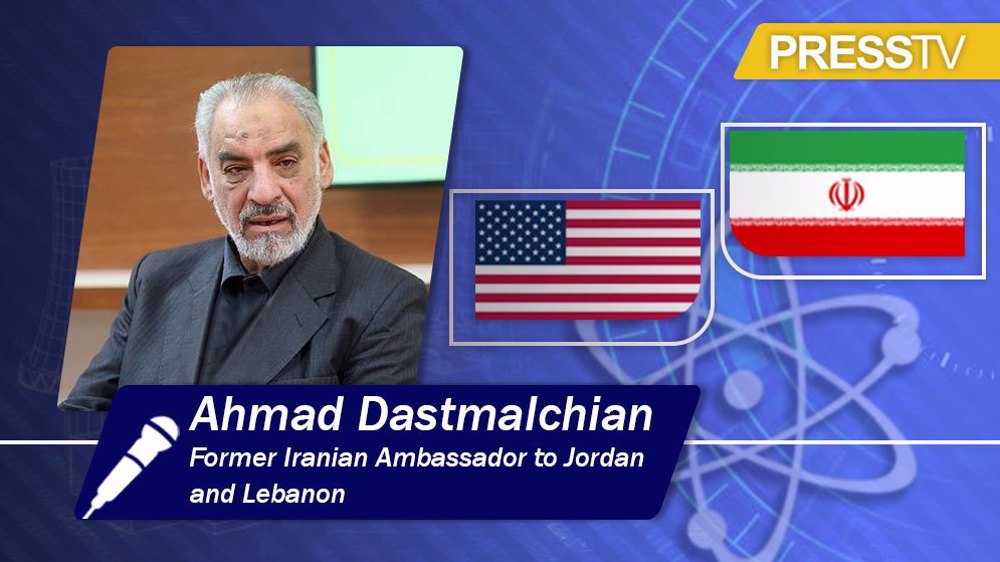



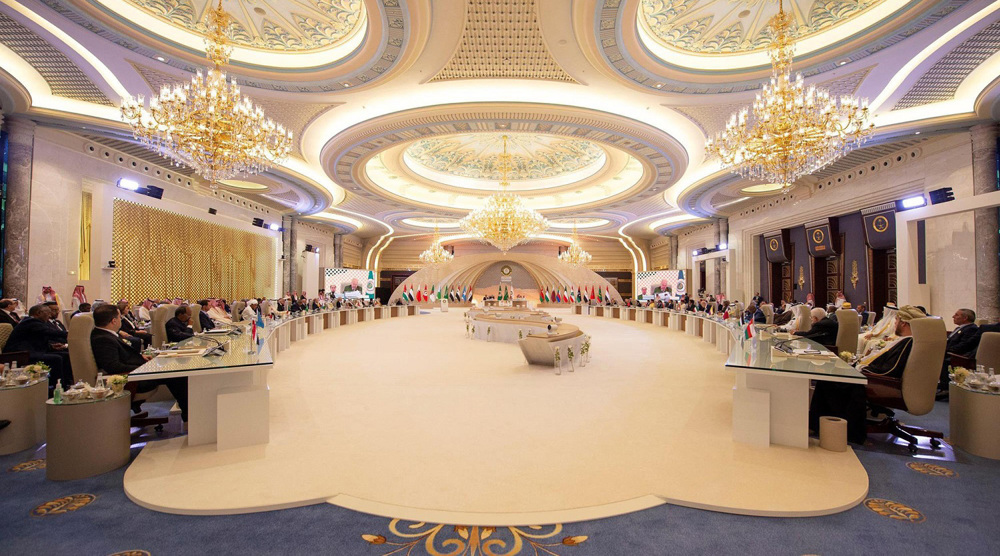
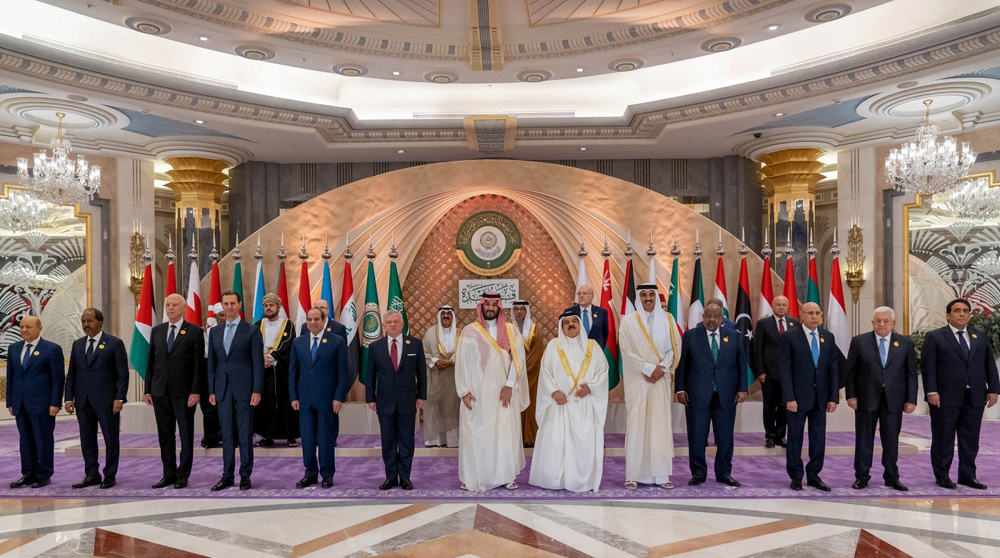
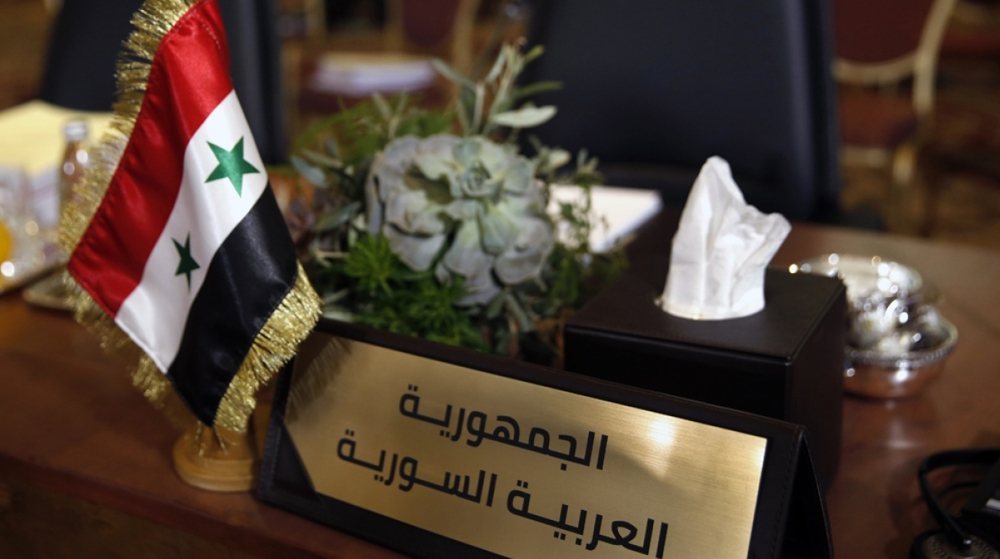
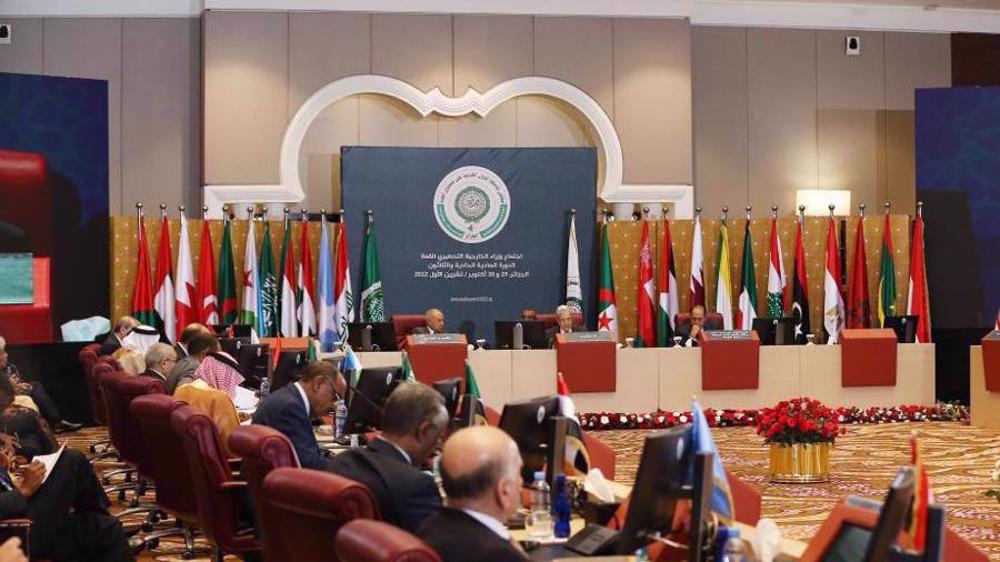
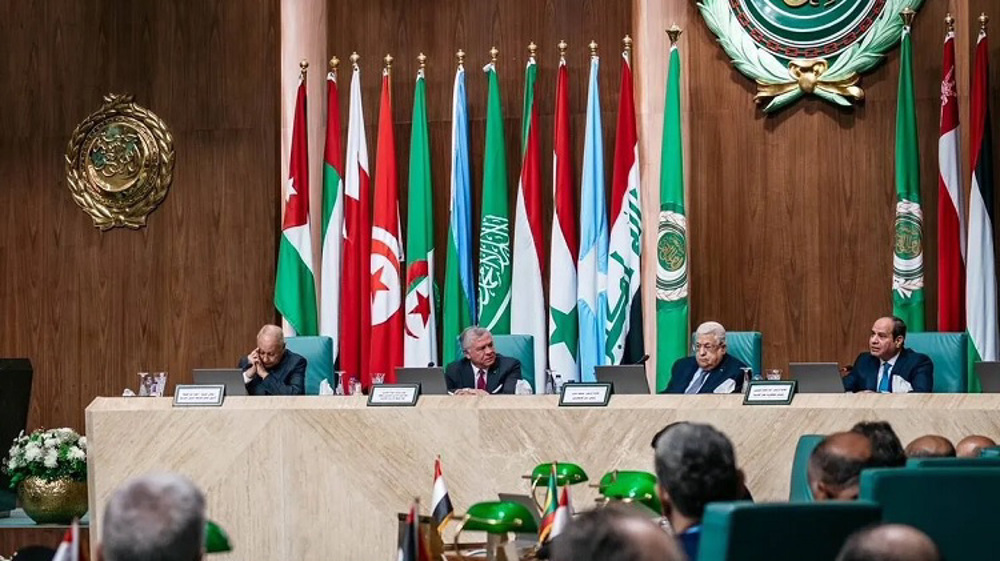

 This makes it easy to access the Press TV website
This makes it easy to access the Press TV website